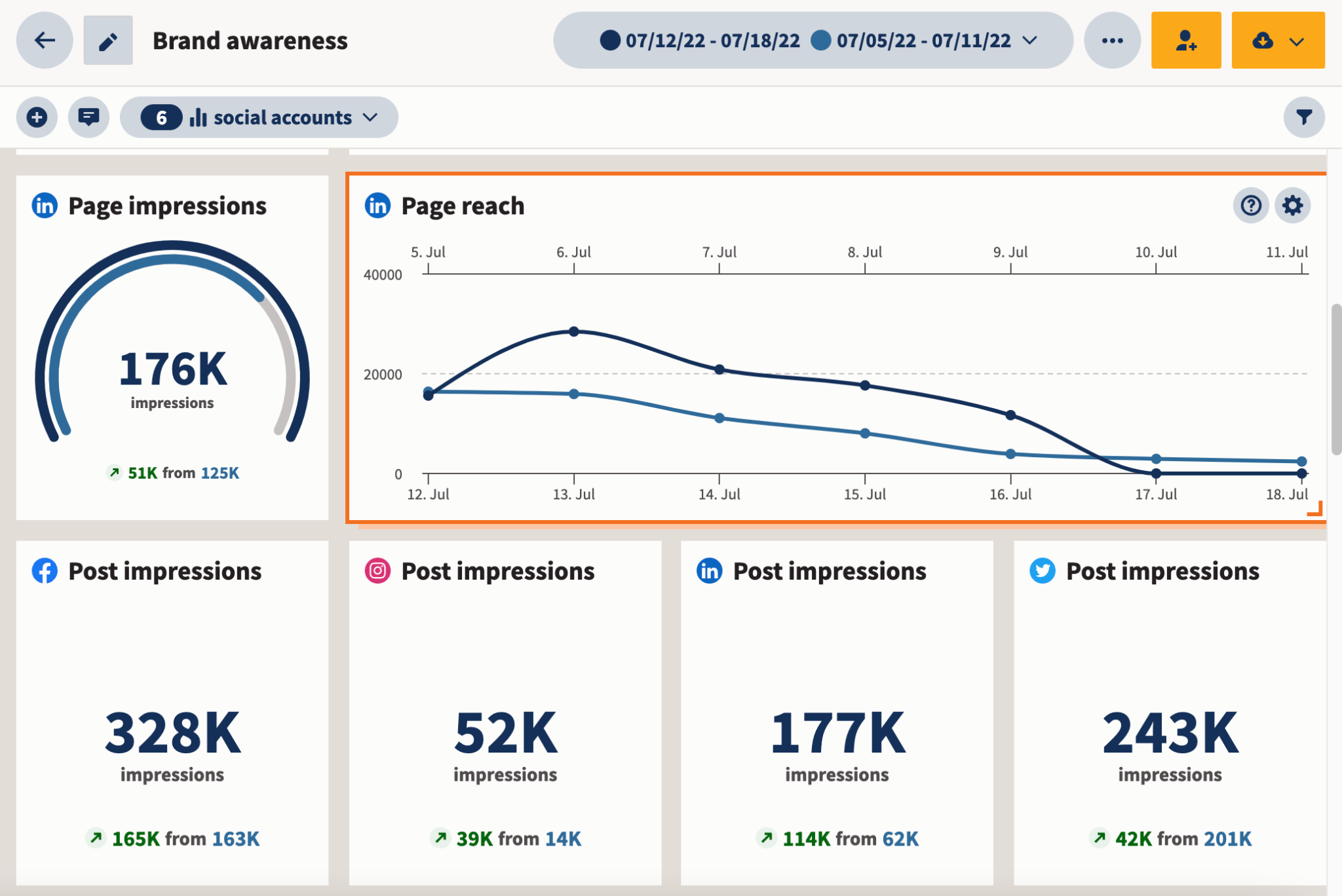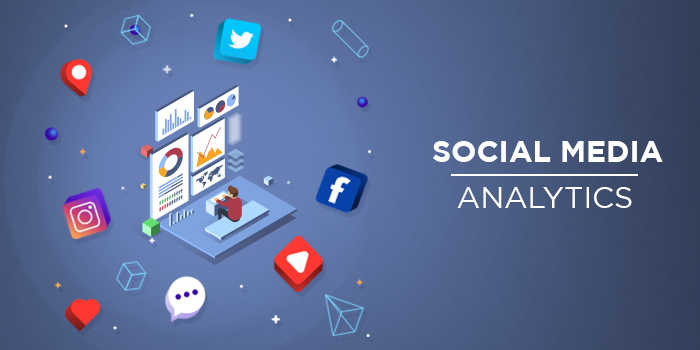In today’s digital era, social media has become an integral part of our lives, influencing the way we communicate, share information, and engage with others. With billions of active users, social media platforms have become a goldmine of data waiting to be explored. This is where data analytics comes into play, helping businesses extract valuable insights and drive informed decision-making. In this article, we will delve into the world of data analytics on social media and understand its significance in modern marketing strategies.
Introduction to Data Analytics on Social Media

Data analytics on social media involves collecting, analyzing, and interpreting vast amounts of data generated on various social media platforms. The goal is to gain a deeper understanding of user behavior, preferences, and sentiments, enabling businesses to tailor their marketing efforts effectively.
Importance of Data Analytics in Social Media Marketing
Data analysis plays a pivotal role in social media marketing as it empowers businesses to:
- Make Data-Driven Decisions: By analyzing user data, businesses can make informed decisions and devise strategies that resonate with their target audience.
- Improve Customer Engagement: Understanding user behavior allows brands to engage with their audience in a more meaningful and personalized manner.
- Enhance Brand Reputation: By monitoring sentiments, businesses can respond promptly to negative feedback and maintain a positive brand image.
Types of Data Analyzed in Social Media
1. User Engagement Metrics
User engagement metrics, such as likes, comments, shares, and click-through rates, provide insights into the popularity and reach of content.
2. Sentiment Analysis
Sentiment analysis helps determine how users feel about a brand, product, or campaign, allowing businesses to gauge public perception accurately.
3. Demographic Data
Demographic data, including age, gender, location, and interests, enables businesses to target specific segments of the audience.
4. Trend Analysis
Trend analysis identifies popular topics and hashtags, helping businesses stay relevant and create timely content.
Tools and Techniques for Data Analysis on Social Media
1. Social Media Listening Tools
Social media listening tools monitor online conversations, providing valuable insights into customer opinions and industry trends.
2. Data Visualization Tools
Data visualization tools transform complex data sets into easily understandable charts and graphs, aiding in data interpretation.
3. Natural Language Processing (NLP) Techniques
NLP techniques analyze textual data, enabling businesses to extract sentiments and identify key themes from social media posts.
Leveraging Data Analytics for Social Media Campaigns
1. Identifying Target Audience
Data analytics helps identify the most relevant audience for a brand, ensuring that marketing efforts are directed at the right people.
2. Personalization and Customization
With insights from data analytics, businesses can personalize their content and offerings to cater to individual preferences.
3. Optimizing Content Strategy
Analyzing the performance of different content types allows businesses to optimize their content strategy for better engagement.
4. Monitoring Campaign Performance
Data analytics enables real-time monitoring of social media campaigns, facilitating timely adjustments for improved results.
Challenges
1. Data Privacy and Security
Handling user data raises concerns about privacy and security, requiring businesses to adopt stringent measures to protect sensitive information.
2. Handling Big Data
The sheer volume of data generated on social media demands robust infrastructure and algorithms to handle and process it efficiently.
3. Keeping Up with Real-Time Data
Social media data is continuously evolving, and businesses must keep up with real-time data streams to stay relevant.
Best Practices for Effective Social Media Data Analytics
1. Define Clear Objectives
Setting clear objectives helps businesses focus on relevant data and avoid getting lost in a sea of information.
2. Choose the Right Metrics
Selecting the right metrics aligned with business goals ensures meaningful analysis and actionable insights.
3. Monitor Competitors
Analyzing competitors’ social media activities helps businesses identify gaps and opportunities in their strategies.
4. Regularly Update Strategies
Social media trends change rapidly, and businesses must adapt their analytics strategies accordingly.
Future Trends
As technology advances, data analytics will become even more sophisticated, offering deeper insights and predictive capabilities for marketers.
Conclusion
Data analysis on social media has revolutionized the way businesses approach marketing. By harnessing the power of data, brands can connect with their audience on a more personal level and drive business growth. As the digital landscape continues to evolve, embracing data analytics will be crucial for staying ahead in the competitive world of social media marketing.
Are you ready to take your social media marketing to the next level with advanced data analytics? Request a demo from AIM Technologies today and discover how our cutting-edge analytics tools can help you unlock valuable insights and supercharge your social media campaigns. Don’t miss out on this opportunity to gain a competitive edge in the digital realm.
5 Unique FAQs
How often should I analyze social media data for my business?
- It is recommended to analyze social media data regularly, at least once a week, to stay updated on the latest trends and engagement metrics.
Can small businesses benefit from social media data analytics?
- Absolutely! Data analysis helps small businesses understand their audience better, leading to more targeted and effective marketing campaigns.
Are there any free tools available for social media data analytics?
- Yes, several free tools, like Google Analytics and social media insights, offer valuable data analytics features.
How can sentiment analysis help manage a brand’s reputation?
- Sentiment analysis helps monitor customer sentiments, allowing businesses to address negative feedback promptly and maintain a positive brand reputation.
What role does data privacy play in social media data analytics?
- Data privacy is essential as it ensures that user data is handled responsibly, protecting both the user and the business from potential data breaches.




